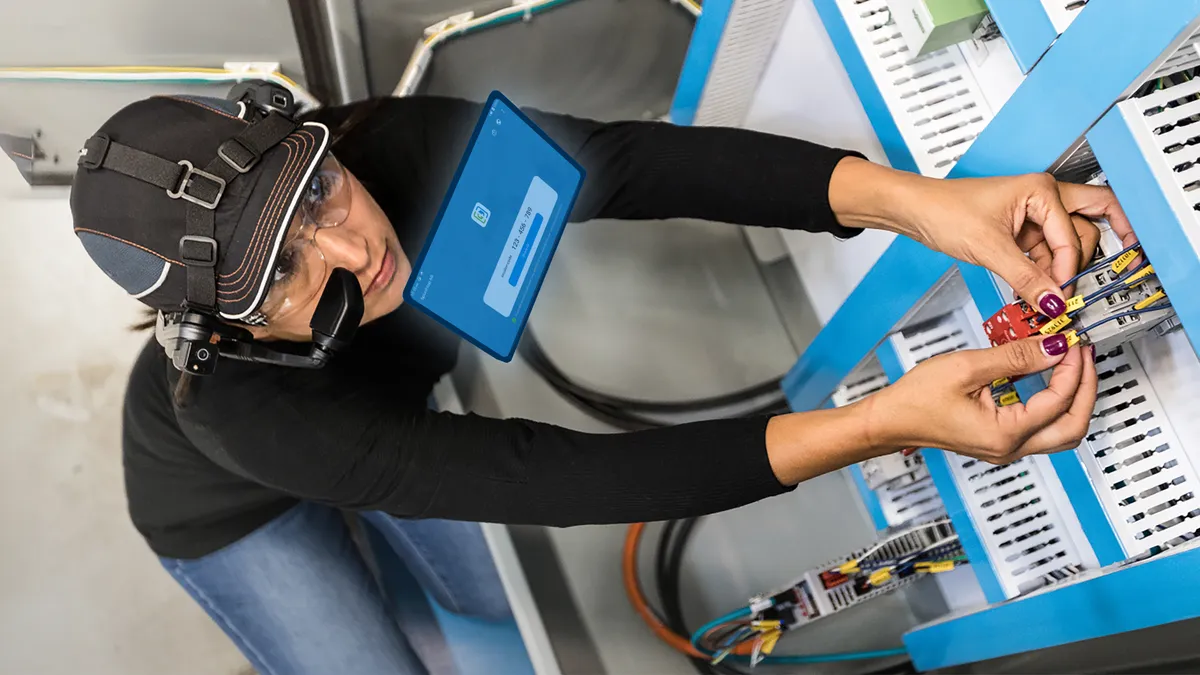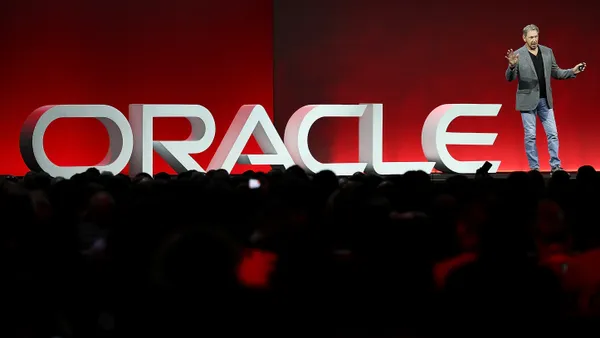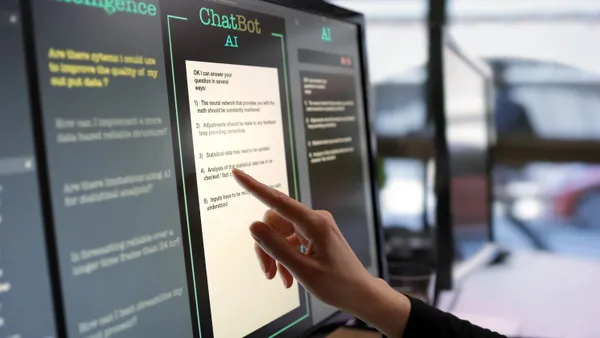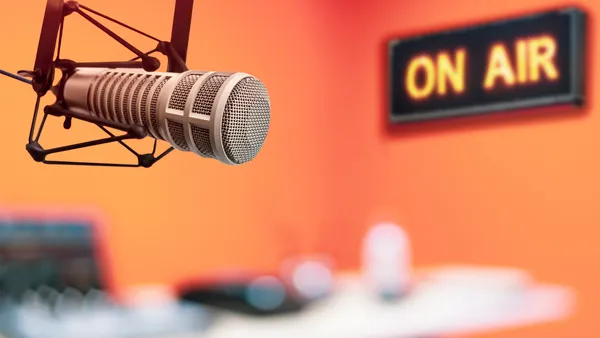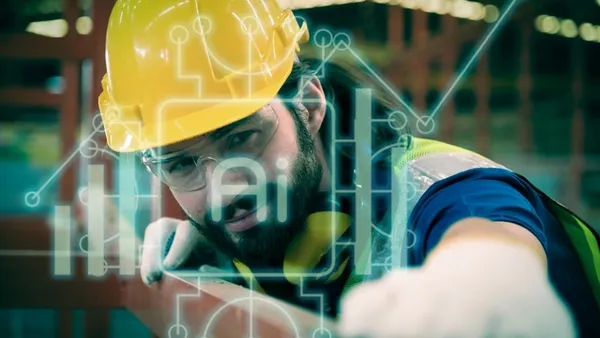Dive Brief:
-
Consumer sales of home automation products will increase 74% from 2016 to reach $1.8 billion by 2018, according to a new report from The NPD Group.
-
Security and monitoring products, along with power and sensors, will lead the sales growth.
-
Digital assistants are forecast to take a large share of consumer sales in 2018. Meanwhile, virtual and augmented reality product sales are expected to quadruple from 2016 to 2018, and drone sales will double during that time.
Dive Insight:
Builders are betting on smart technology, with many now wiring their homes to accommodate products like smart assistants and learning thermostats from the start.
National builder Toll Brothers recently expanded and rebranded its home-security business to have a broader smart-home focus, according to Security Sales & Integration. The newly renamed TBI Smart Home Solutions offers controls for features including lighting, access, thermal comfort and more, and it can incorporate voice assistants such as Amazon’s Alexa.
Toll Brothers isn’t alone. Bellevue, WA-based Quadrant Homes recently announced it would include a collection of smart-home features as part of its standard offerings. Quadrant’s suite includes a smart doorbell, front door lock, thermostat and garage door opener. Quadrant’s homes will be equipped with Wi-Fi, Ethernet wall jacks, USB chargers and more. Other builders to offer smart-home packages include Tri Pointe Group and Brookfield Residential. Lennar, KB Home and R&F Properties are among the builders featuring some smart-home upgrade options.
One reason builders are adding these features is that the related products are becoming more accessible to typical buyers and the number of smartphones in use continues to climb. The Consumer Technology Association reports that 80% of homes in the U.S. have at least one resident with a smartphone. An earlier CTA report found that one-third of builders who pre-wired their homes for entertainment and security systems saw increased revenues as a result.
Millennials are driving the push for smart technology in homes. A December 2016 report from Wakefield Research and Schlage found that millennial renters are willing to pay one-fifth more for housing equipped with smart technology than are other generations.




